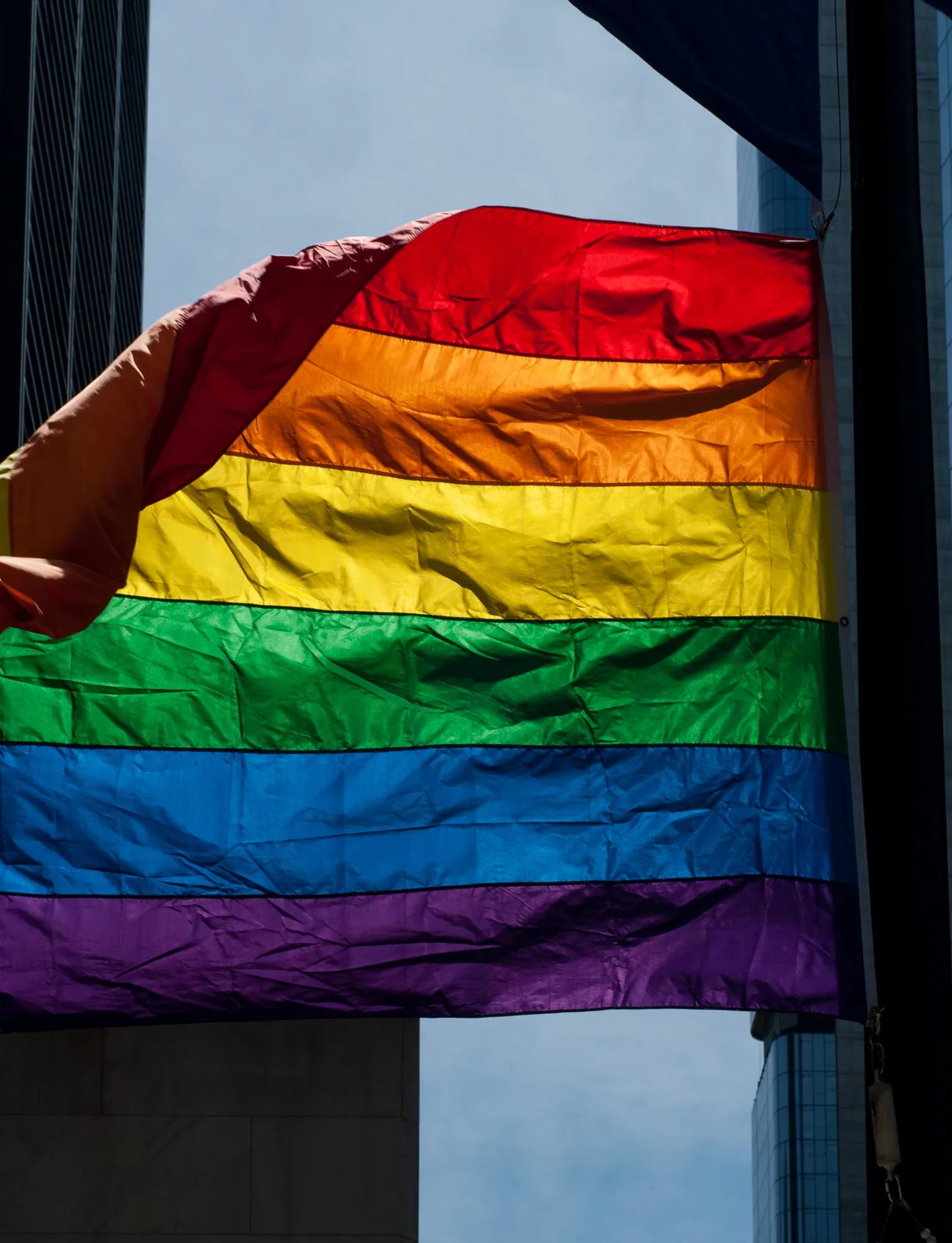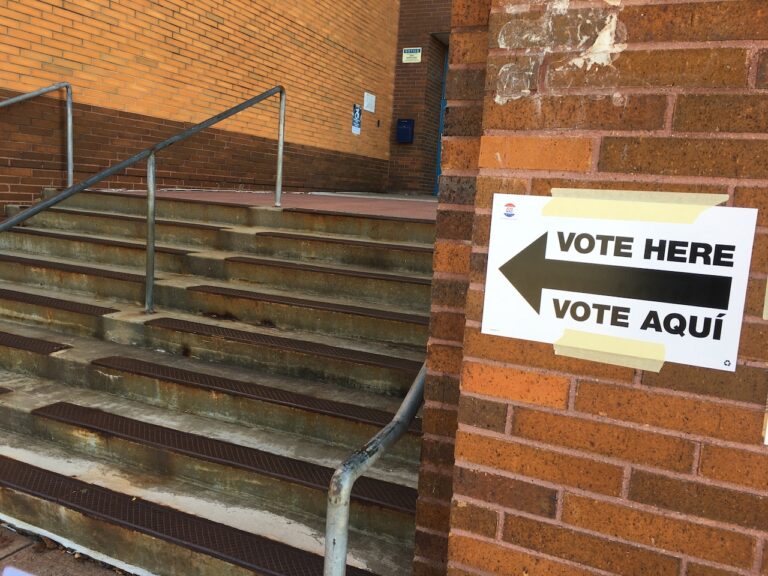US Companies Reassess DEI Policies Amidst LGBTQ+ Rights Challenges
Reassessing DEI: A Shift in Corporate Approaches to LGBTQ+ Rights
As the landscape of social issues continues to evolve, U.S. companies are finding themselves at a crossroads, particularly regarding their Diversity, Equity, and Inclusion (DEI) policies. Once regarded as progressive champions of LGBTQ+ rights, many organizations are now pausing and recalibrating their strategies in light of significant societal shifts. It’s a topic that doesn’t just affect corporate boardrooms; it resonates deeply with employees, consumers, and society at large. So, what’s really going on here? Let’s dive into the complex world of DEI policies amidst the swirling controversies surrounding LGBTQ+ rights.
The Changing Landscape
To set the stage, it’s essential to understand why many companies are finding themselves reassessing their DEI policies. Over recent years, we’ve seen a barrage of legislative actions across various states aimed at limiting the rights of LGBTQ+ individuals. It’s as if a layer of progress we’ve fought so hard for is now under siege.
What were once viewed as solid foundations of support for LGBTQ+ rights are now facing scrutiny. Companies that once proudly displayed rainbow flags are wrestling with how best to navigate these challenges, especially when public opinion can swing like a pendulum. This begs the question: How should companies respond without losing their authentic commitment to inclusivity?
The Corporate Mission and DEI
Before we jump into the changes, let’s reflect a bit on what DEI means in a corporate setting. At its core, Diversity, Equity, and Inclusion is about recognizing and valuing the rich tapestry of differences among employees. It’s about making a conscious effort to include voices from varying backgrounds, ensuring that everyone feels valued, not just tolerated.
However, when companies step into the hot water of social issues, things can get messy. Striking a balance between advocating for inclusivity and navigating external pressures is no small feat. Companies pride themselves on cultivating positive work environments where employees can thrive; however, the reality is that they can’t hide from the world outside their office walls.
The Pushback from Legislation
Let’s talk specifics. In the past couple of years, various states have enacted laws that critics say infringe upon the rights of LGBTQ+ individuals. From restrictions on transgender athletes participating in sports to the prohibitions against discussing certain gender identities in classrooms, these legislative moves create a contentious climate.
This scenario presents a dilemma for businesses: Should they stand firm in their allyship and risk backlash from conservative constituents, or should they reevaluate their DEI commitments to mitigate risk? Whether it’s about retaining customers or ensuring employee satisfaction, the stakes feel higher than ever.
The Business Case for DEI
Now, you might be wondering: Why should companies care? Isn’t it just good optics? Well, the truth is, there’s a strong business case for robust DEI initiatives. Studies consistently show that diverse teams are more innovative, make better decisions, and ultimately, can drive higher profits. A company that feels inclusive attracts top talent and enjoys better employee engagement.
So, what happens when firms start retracting their support? They could risk alienating their workforce, which doesn’t just hurt morale but can lead to turnover. High attrition can be costly for a company, both financially and in terms of lost institutional knowledge.
The Employee Perspective
Let’s take a step back and think about the employees. Picture this: you’re working at a company that has touted inclusivity but suddenly starts to backtrack on its commitment due to external pressures. All those team-building exercises and rainbow-branded merchandise suddenly feel hollow, don’t they?
Employees want to feel a sense of belonging in their workplace. As they witness their companies signaling retreat on LGBTQ+ issues, it’s no surprise that many are left feeling unvalued. Companies that waver in their commitment to diversity run the risk of facing internal unrest.
Industry Leaders Take a Stand
In the midst of these shifting tides, some industry leaders have taken the bull by the horns. They are not just passively reassessing; they are actively advocating for LGBTQ+ rights. These companies are doubling down on their DEI commitments, often seeking to create safe spaces for discussions and amplifying marginalized voices within their organizations.
A few things these companies have done include:
Such efforts signal to employees that the organization stands by them, regardless of the storms brewing outside. It’s about authenticity—companies aren’t just putting up a front; they are backing their statements with actions.
Consumer Reaction: The Power of Choice
Consumer behavior is another critical factor. In the age of information, people are incredibly aware of which brands support social causes, like LGBTQ+ rights. A recent survey indicated that a significant percentage of consumers consider a company’s stance on social issues when making purchasing decisions.
In a landscape where brand loyalty can sway on a dime, companies that backtrack on their DEI policies may find themselves facing unintended consequences. Consumers are increasingly favoring businesses that stand for something, not just for profit’s sake.
Navigating the Future of DEI
As companies evaluate their DEI policies, the question remains: how can they effectively navigate the complexities of supporting LGBTQ+ rights while remaining resilient amid societal challenges? The key here is flexibility and genuine commitment.
One potential approach is for companies to engage employees in dialogue, giving them a chance to voice their thoughts and concerns about ongoing changes. In doing so, organizations can gather insights on how to adapt without compromising core values.
Building an Inclusive Culture
Ultimately, building an inclusive culture is an ongoing journey, not a destination. As businesses move forward, they must acknowledge that DEI is not merely a check-box activity or a shelf-ware document. It requires continual thought, engagement, and a willingness to adjust course as needed.
Companies that truly embrace DEI often find that it is a source of strength. When people feel safe being themselves, it leads to enhanced creativity and collaboration—two things every organization needs.
Conclusion
In a world where LGBTQ+ rights face increasing challenges, U.S. companies find themselves reassessing their DEI strategies like never before. The balance between standing firm in their commitments and responding to external pressures poses a real quandary. However, those businesses that lean into their authentic calling—creating inclusive environments—are likely to fare better in the long run.
As employees and consumers continue to hold companies accountable, organizations must recognize that their stance on social issues will have lasting impacts. It’s a complex web of challenges, but amidst this uncertainty, genuine advocacy and action often shine through.
FAQs
1. What does DEI stand for?
DEI stands for Diversity, Equity, and Inclusion. It represents an approach taken by organizations to foster a diverse work environment and ensure that all employees feel valued.
2. Why are companies reassessing their DEI policies?
Many companies are reassessing their DEI policies due to external pressures from changing laws and public sentiment concerning LGBTQ+ rights.
3. How can companies demonstrate their commitment to DEI?
Companies can showcase their commitment to DEI by implementing educational workshops, supporting employee resource groups, and publicly backing LGBTQ+ advocacy organizations.
4. What is the business case for diversity?
Diversity in the workplace fosters innovation, better decision-making, and higher profits. A diverse and inclusive workplace also attracts top talent and enhances employee engagement.
5. How can employees contribute to a better DEI culture?
Employees can be proactive by participating in discussions about inclusivity, joining resource groups, and providing feedback on current DEI initiatives within their organization.







